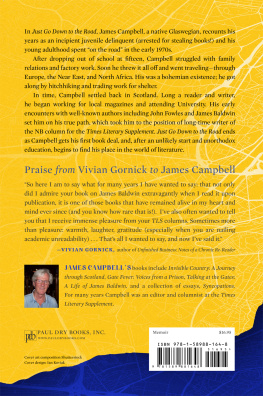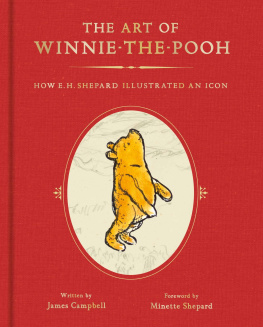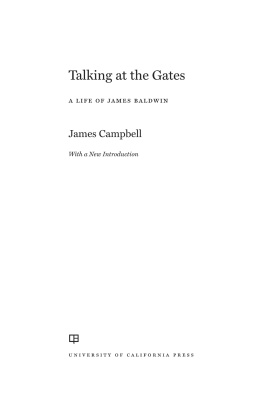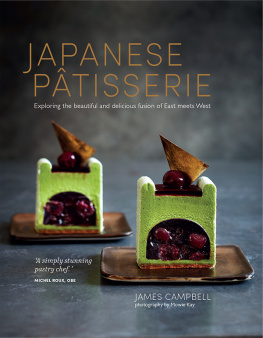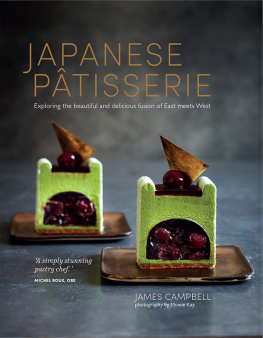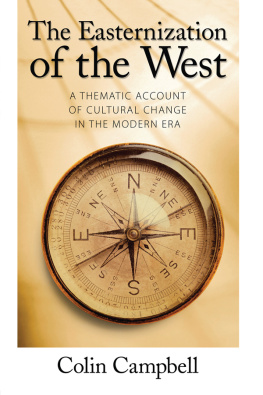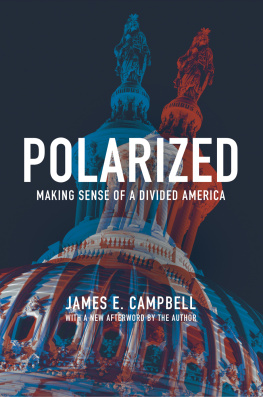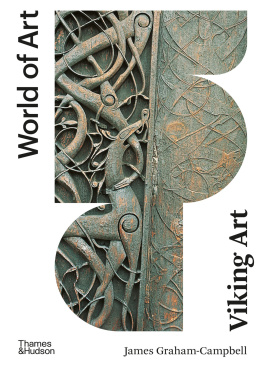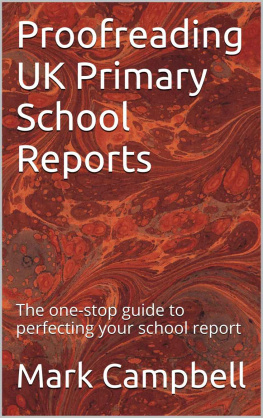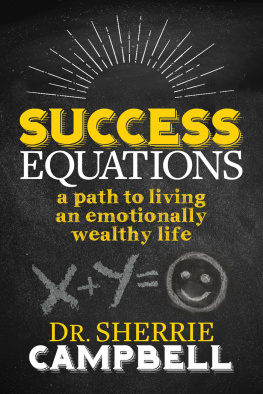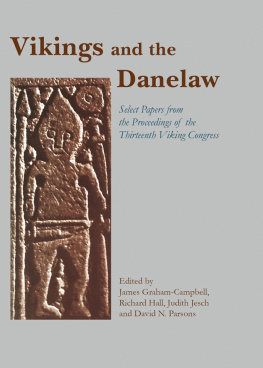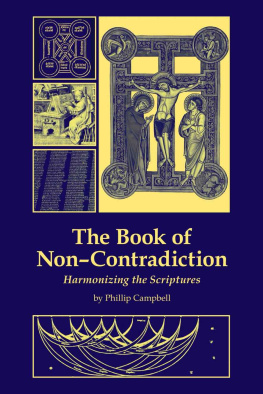

BY THE SAME AUTHOR
Syncopations: New Yorkers, Beats and Writers in the Dark
This Is the Beat Generation Exiled in Paris: Richard Wright, James Baldwin,
Samuel Beckett, and Others on the Left Bank
Talking at the Gates: A Life of James Baldwin
Gate Fever: Voices from a Prison
Invisible Country: A Journey Through Scotland
Thom Gunn in Conversation
The Picador Book of Blues and Jazz (editor)
The New Edinburgh Review Anthology (editor)
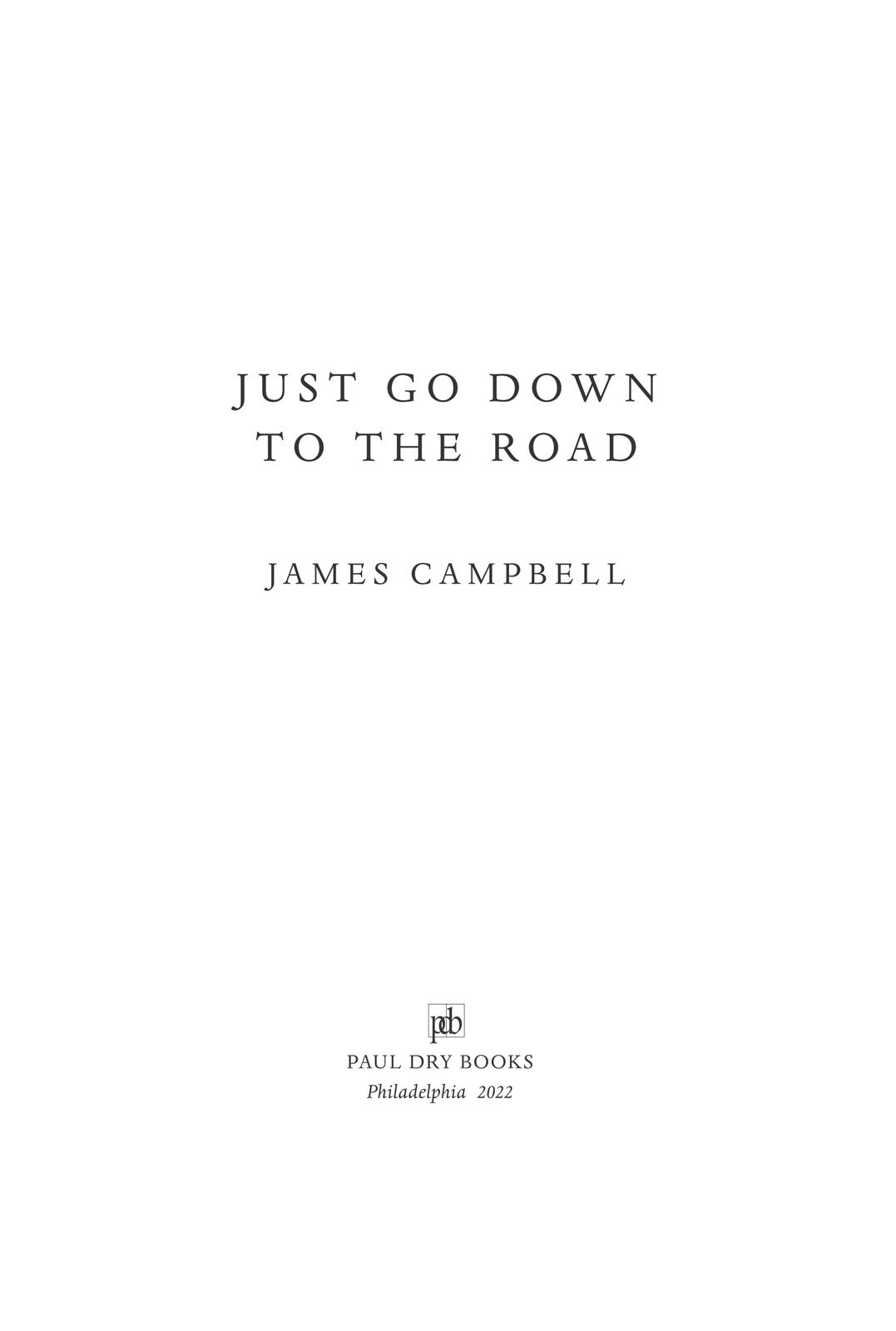
First Paul Dry Books Edition, 2022
Paul Dry Books, Inc.
Philadelphia, Pennsylvania
www.pauldrybooks.com
Copyright 2022 James Campbell
All rights reserved.
Printed in the United States of America
ISBN 978-1-58988-164-8
Library of Congress Control Number: 2021951802
To Vera
CONTENTS
I was fourteen when I was caught stealing books the first time. The year was 1965. The scene of the crime was a bookshop in West George Street, in the center of Glasgow, long since disappeared, and the loot consisted of three MAD books. My friend Bruce Dryden and I were experts on the subject. We used to create our own versions of MAD comics in class, with stories and drawings, while poor Mr. DonaldDucky Donaldtried to interest us in the risqu parts of The Merchant of Venice. The school, Kings Park Secondary, was among the first so-called comprehensives in Glasgowbut really it was only socially comprehensive. Pupils were streamed academically from A to G, with rough types included from insalubrious Southside areas such as Toryglen and Castlemilk, beyond the catchment area of the old Kings Park Senior Secondary at which my elder sisters had thrived. The social experiment did not appeal to my parents. I had started out, aged twelve, in the A stream but was relegated to B in the second year, making my way down towards Bruce, one of those feared Toryglen natives.
It goes without saying that I wasnt at school, as I should have been, when I furtively slipped the three slim volumes inside my duffel coat. Not furtively enough, and as I approached the door I felt a hand on my shoulder.
The manager of the bookshop was a kindly soul, but he had to do his duty. He had already taken my nameJames Gunningand address (totally fictional). Now he offered me a choice: he could inform the police, the school, or my father.
The first I wasnt terribly keen on; as for the thirdwas there a gentle alternative, such as having my fingernails extracted? We settled on the middle course. The man who had become my courteous keeper lifted the receiver from the phone on his desk and dialed the number of Kings Park Secondary, getting through to the headmaster with what now seems remarkable ease. He explained the situation and they arrived at a gentlemanly solution to the regrettable affair. I was to leave the shop as a boy on parole and return to Fetlar Drive, Simshill, where the school was, reporting to the headmaster directly. The manager might even have hinted to the headmaster that there was no need to mention it to the parents. He replaced the receiver and in my persona as James Gunning I thanked him and left the three MAD books behind, to be reshelved. I cant remember exactly what I thought as I stepped into the open air of West George Street, but it was probably along the lines of, So thats how you get out of it.
The next time it happened, Bruce and I were in the large Boots at the corner of Union Street and Argyle Street, a famous Glasgow landmark, popular with young folk hopeful of romance (See you at seven, under the clock at Boots). We were doggin off school again, not a rare occurrence (by now I had reached the C stream). Boots, which had once run a lending library, also stocked books for sale, and Bruce was a proper reader. It was from Bruce that I first learned of the natural evolution of a book from hardback to paperback. He informed me where to look in 007 novels for details involving Pussy Galore or some similar heroine, to which we had recently become susceptible: in the final paragraph, he said (I discovered that this wasnt always so).
He had other advanced tastes, Mickey Spillane novels being one of them. On the first floor among the bookshelves at Boots, he constructed a little pile of novels featuring the detective Mike Hammer. Five, to be exact. My memory is precise, because the number of books taken was to feature in a Scottish legal case. I was flicking through a copy of Peyton Place, the televised version of which, with Mia Farrow and Ryan ONeal, I was currently following.
If you want it, put it on the pile, Bruce said in a low voice. Not low enough. Again, the words are precise: they were offered as evidence in court.
I did as suggested, and Bruce sheltered the lot inside the off-white shortie raincoat he woreso much more in than my duffel. We went downstairs and got as far as the front doorthe door beyond which lay great, garrulous, Dear Green Glasgow, Bruces home in tough Toryglen, mine in toffier Kings Park.
That hand on the shoulder again. It made a deep impression. It steered us away from freedoma book-filled free-domand down to a windowless room in a basement we had never imagined existed. Two plain-clothes policemen arrived and discussed matters with the Boots store detectives as if we werent there. We gave our names and addresses. Bruce Dryden of Edinbeg Avenue, Toryglen. And James Gunning of somewhere or other.
The policemen looked into my school haversack which, in addition to being plastered with inky tributes to the Rolling Stones and the Pretty Things, contained my inadequate C-stream jotters. One of the detectives pointed out the name on the cover, which was not the name I had just given him. That was easy to deal with. This is his bag, I explained, referring to someone who was putatively me, Jim Campbell. Im taking it home for him.
The policeman fixed me with a look which remains perfectly formed in memory.
Oh. I see.
We were taken in an unmarked car to the City of Glasgow Police Headquarters in St Andrews Square, where our identitiesha-ha, though I wasnt feeling that way at allwere registered at the front desk. Then we were escorted down a corridor and locked in a cell. It was by then approaching 4 oclock, the hour at which school would be getting out. Soon my mother would be expecting to hear her hungry and surly son at the front door of our nice house in Kingshill Drive, the first bought house either of my parents had ever lived in, a satisfying stage in a difficult journey, the fulfilment of which would be the further education and success of their four children. My elder twin sisters were already well on the way.
The cell was bare and dim, though light enough to read the graffiti, which brought a brief amusement. Bruce added to it, probably something witty. We kept each others spirits up with MAD-type jokes, and were served bacon sandwiches on doorstep white bread, dripping with butter, unforgettably good, and large mugs of milky tea. The detective returned.
Name? James Gunning.
Address? Something or other.
He left, closing the cell door heavily behind him.
Next page
